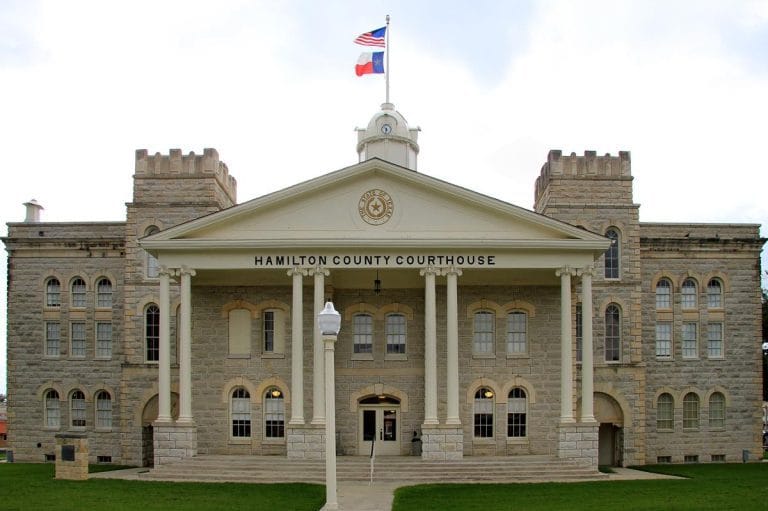🎧 Listen to This Article
A $0 Tax Bill? Hamilton County Wants to Know If That’s Still Fair
For the first time since 2009, Hamilton County Auditor Jessica Miranda has announced a comprehensive review of all tax-exempt properties in the county totaling over 26,000 parcels, or approximately 7.4% of all properties.
The review will determine whether these exemptions are still valid or if the properties now potentially in commercial or residential use should be taxed.
This is a significant fiscal compliance initiative with potential budgetary implications for schools, municipalities, and property owners.
Why This Review Is Happening Now
According to the Auditor’s Office, the primary concern is tax fairness. Exemptions are granted for properties serving public, charitable, or religious purposes. However, property use often evolves churches become apartments, nonprofits relocate, or vacant exempt land is repurposed without an update to tax status.
“If a property no longer meets exemption criteria, the owner should pay their fair share,” said Miranda in a public release.
Key Details of the Audit
Scope of Review:
- 26,000 exempt parcels (out of approx. 351,000 total county parcels)
- Includes religious, educational, charitable, and government-owned properties
- Conducted by Tyler Technologies, a contracted assessment services provider
Timeline:
- Summer 2025: Property owners should expect on-site visits from assessors
- Letters will be mailed in advance to inform owners of upcoming reviews
- Reviews will take place in-person, not solely based on documentation
How Property Owners Can Respond:
- If you believe your property still qualifies, you can submit exemption documentation via the Auditor’s official website
- Appeals and corrections will be processed through the county’s Board of Revision if needed
The Financial Stakes
Property tax exemptions remove millions from the local tax base funds that would otherwise support public schools, libraries, emergency services, and regional infrastructure.
A rollback of exemptions that are no longer justified could:
- Increase county tax revenues
- Help level the playing field between exempt and taxable property owners
- Reduce pressure to raise millage rates in future levies
In 2009, the last time such a review occurred, several hundred exemptions were revoked, resulting in significant new revenue. This time, the number could be higher given the rise in property development, adaptive reuse of buildings, and nonprofit consolidation over the past decade.
Who Could Be Affected
Former Churches Now Used as Housing
Adaptive reuse projects often repurpose tax-exempt buildings. Once a church becomes an apartment building, its tax-exempt status may no longer apply.
Private Educational Institutions or Religious Schools
If a school no longer operates or leases to a for-profit tenant, its exemption could be challenged.
Government-Owned Properties Used Commercially
Public ownership doesn’t always mean public use. Properties leased to private enterprises or left vacant may not qualify under Ohio exemption statutes.
Legal Framework: What Qualifies as Exempt?
Under Ohio Revised Code § 5709, properties may qualify for exemption if they are:
- Owned and used exclusively for religious, educational, or charitable purposes
- Owned by the state, county, or a municipal corporation and used for public purposes
- Cemeteries and public parks
To maintain an exemption, use matters more than ownership. Nonprofit leasing to a commercial enterprise may lose its exemption.
What Property Owners Should Do
- Watch for a Letter: Notifications will be mailed before assessors visit.
- Prepare Documentation: Have current use information ready (leases, programs, services offered).
- Review Exemption Guidelines: Check eligibility on the Hamilton County Auditor’s website.
- Complete the Online Form: If you believe your exemption is valid, submit this form immediately to pre-verify your status.
- Consult Legal or Tax Advisors: If your exemption is borderline, consider professional assistance before the review.
What to Watch Next
- How many exemptions are revoked: A surge in revocations would signal stronger enforcement trends.
- Neighborhood impact: Revoked exemptions could shift tax burdens in high-density urban zones.
- Future audit cycles: Will the Auditor make this review an annual or biennial practice?
- Revenue impact on local budgets: Any increase in taxable property base could reduce levy pressure or fund new services.
For further details, clarification, contributions, or any concerns regarding this article, please get in touch with us at editorial@tax.news. We value your feedback and are committed to providing accurate and timely information. Please note that our privacy policy will handle all inquiries.



